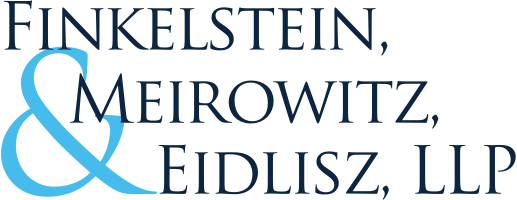Workers’ compensation defenses are called C-7 issues.
Under Workers’ Compensation Law Section 21, injured workers are entitled to a presumption that an injury arose out of his or her workplace. The lawyers for the workers’ compensation insurance carrier would have to present some kind of evidence showing that your injury didn’t happen in the workplace.
For example, if the employee claims to have been injured in a motor vehicle accident in connection with work, the insurance company may produce a video showing that there was no accident in an effort to defeat the claim.
Under workers’ compensation laws, the general rule is that you have 30 days from your injury to provide notice of the incident to your employer, whether it be in writing or orally. If those 30 days pass, and you don’t have a good reason for not informing your employer, your claim might be time-barred.
Also in workers’ compensation cases, after giving notice of the injury to the employer, in most cases you have two years fromthe date of the injury to file a claim. This may vary in certain situations and employers, so be sure to speak with an experienced workers’ compensation lawyer as soon as possible to make sure that not too much time has passed to make a claim.
If you file a claim three years afterthe date of injury, especially if you didn’t provide evidence to the employer at the time, you may be barred under Workers’ Compensation Law Section 28 from bringing a claim.
The workers’ compensation insurer may also raise the question of whether the injury arose out of your job. For example, if you make a claim for a back injury suffered on the job, the lawyers for the insurance company may try to produce evidence showing that the injury was caused by playing basketball, not at work.
The insurance company may raise the argument that either you’re not an employee, you never worked there, or you’re an independent contractor. This would then require a fact-based determination on whether you’re an independent contractor or an employee.
There are other defenses that a workers’ compensation insurance company may raise to minimize your benefits. For example, you may have an accepted injury, but the insurer is arguing that you shouldn’t be entitled to any wage loss benefits because you had stopped working due to being terminated, or you stopped working to retire, regardless of the workplace injury.
